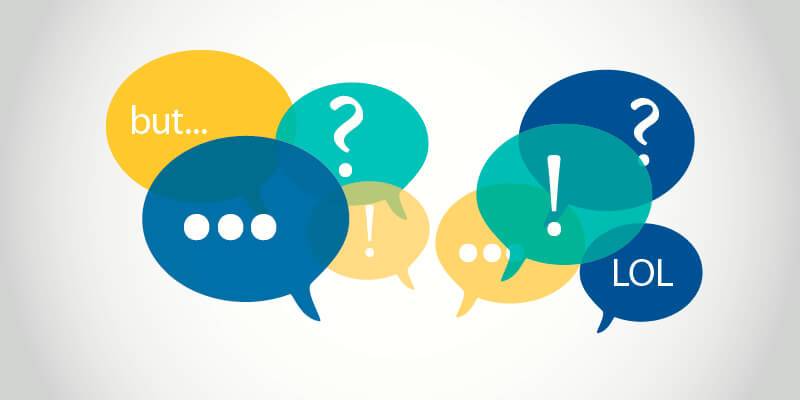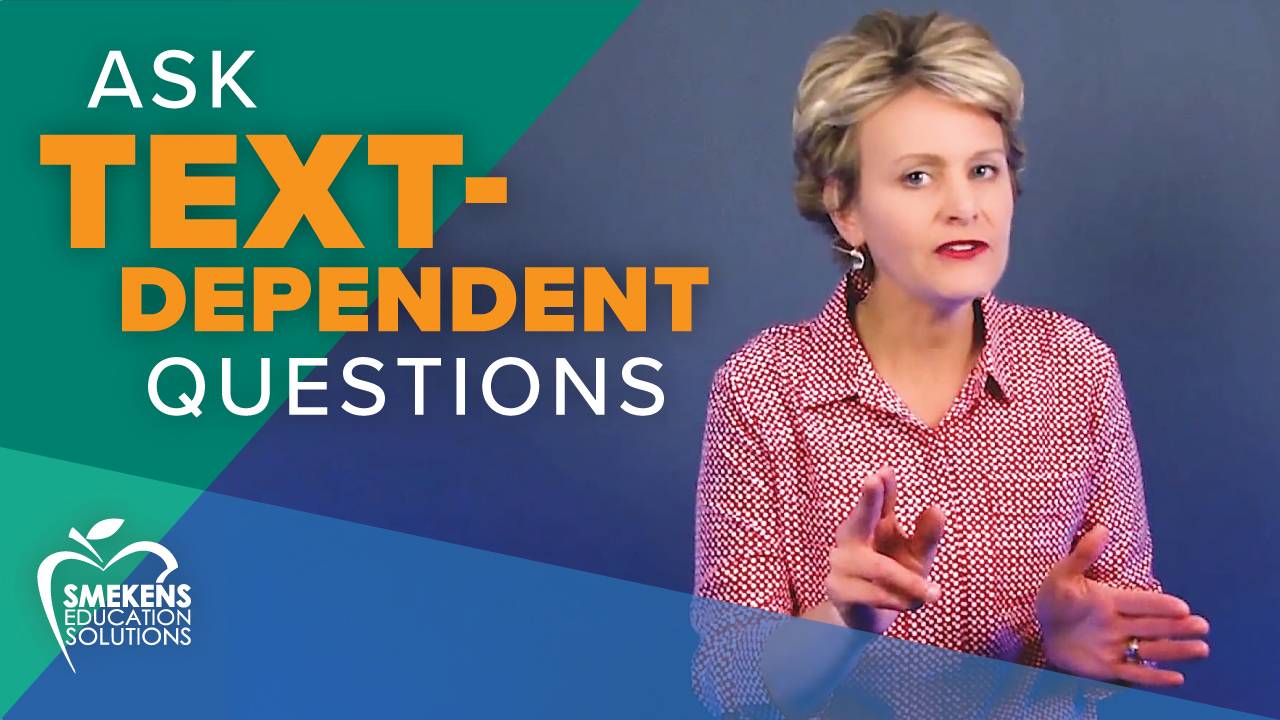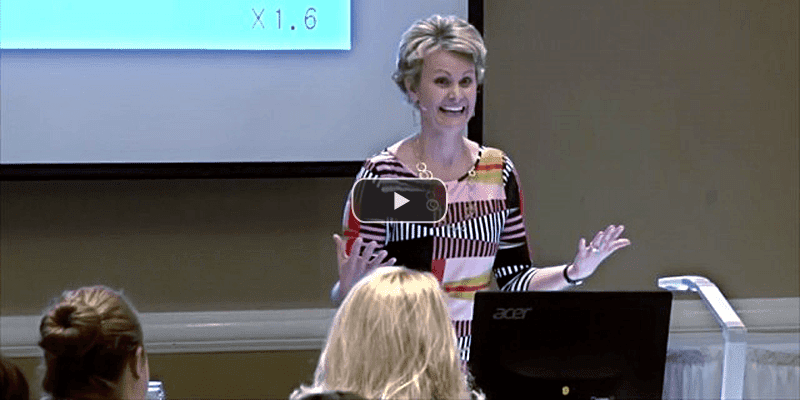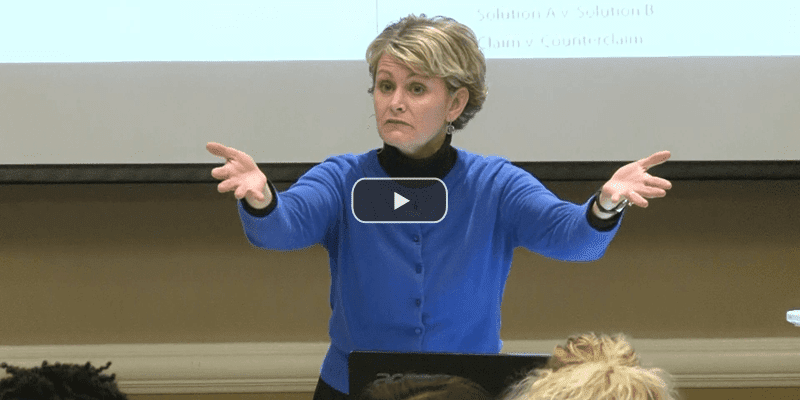Learning Center
writing
Facilitate a questioning spirit
April 25, 2012
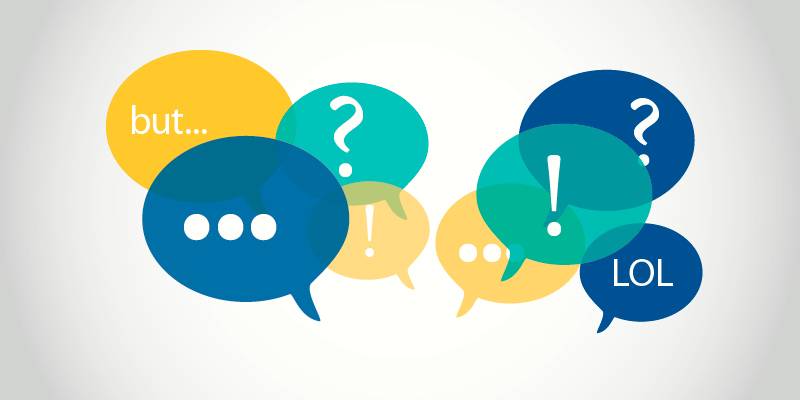
Strong readers ask questions while reading. If your students aren’t engaged and wondering about their reading, then they aren’t thinking or comprehending the information. Questions lead to answers and overall understanding of the text.
To cultivate a questioning spirit within your classroom, ask questions that allow for a variety of responses. These questions are not about specific details in the reading (e.g., Who is someone who helped the slaves escape using the Underground Railroad?). Rather, these are bigger questions that make students ponder and think deeply (e.g., Would you be willing to risk your life to help slaves escape? What are the factors that would weigh in on your decision?). Ask questions that have several possible answers. Invite students’ predictions, opinions, interpretations, and judgments.
These bigger questions foster powerful classroom discussion and even debate. The ensuing dialogue is the window into your students’ reading experiences. Class conversations give students a chance to test their ideas in public. They learn to question each others’ ideas, express agreement and even disagreement.
As the facilitator of such discussions, the teacher should probe for students to clarify and support their thinking. Prompt students and say:
- Let’s talk more about that.
- What makes you think that?
- Why do you think that?
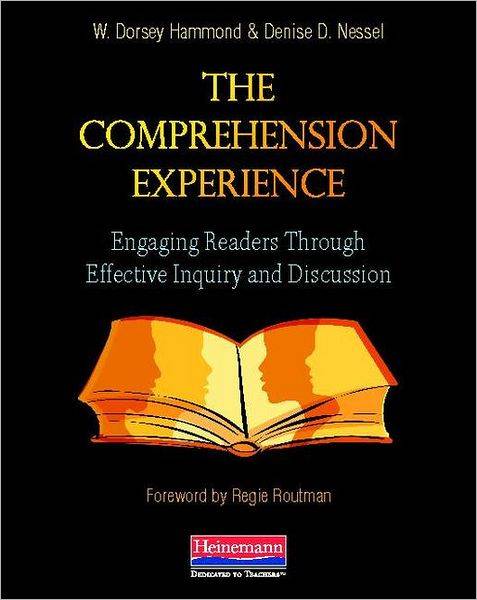
Students’ ideas ricochet around the room, producing new insights and discoveries.
When facilitating questioning activities or a class discussion about recent reading, be conscious of your verbal and non-verbal responses as the teacher. Within their latest book, The Comprehension Experience, Dorsey Hammond and Denise Nessel emphasize the importance of the teacher remaining neutral during class discussions.
After asking questions and encouraging predictions, don’t let on to who is “right.” Don’t say, Good thinking, Excellent, or I like where you’re going with this. Also be aware of your non-verbal cues; don’t nod your head or raise an eyebrow signaling they are “right.”
Rather, a generic Mmm or Anyone have any other ideas? keeps you neutral. Remember the goal: We want students to continue reading to discover the answers. We want them to learn to read the text, not to read the teacher.

